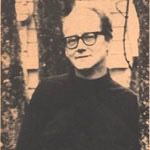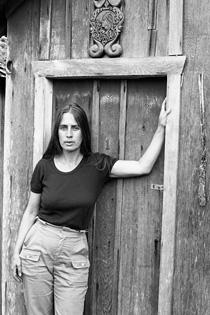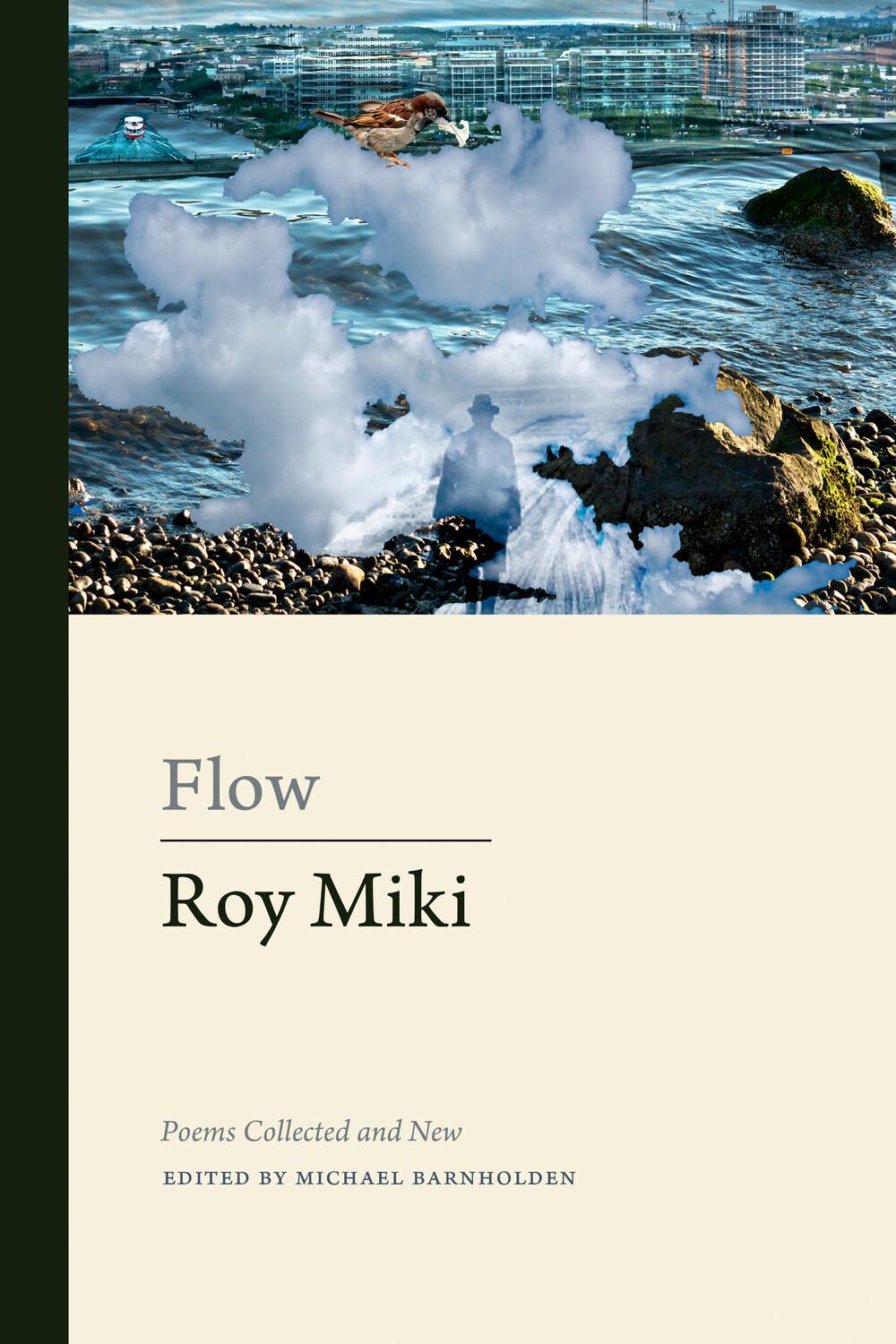Stan Persky (1941-) was born in Chicago, Illinois, later relocating and obtaining Canadian citizenship. As a teenager, Persky sent early writing to Jack Kerouac who responded with encouragement, welcoming him into the Beat scene, including pivotal literary figures such as Allen Ginsberg and Lawrence Ferlinghetti. When Persky moved to British Columbia, he took some of the Beat generation’s literary concerns with him. He also later co-wrote a book about Robin Blaser with Brian Fawcett, Robin Blaser (2010), that draws on his own anecdotal experience of the time. In the 1960s, Persky co-founded a leftist publication called the Georgia Straight Writing Supplement that later became New Star Books. He worked both as a media commentator for the CBC, and as a professor of political science and philosophy at Capilano University. Persky is the author of twenty odd books that span research on the history of British Columbia, international politics, and made significant contributions to queer activism in Vancouver.
Category: Author
Ellen Tallman
Ellen Tallman (née King; 1927-2008) was born in Berkeley, California, and passed away in Vancouver, British Columbia. Together with her then husband, Warren Tallman, Ellen Tallman played a pivotal community-making role in the Vancouver and larger west coast literary scene, hosting writers and students at their home, and helping to generate a creative ethos that led to the organization of the 1963 Vancouver Poetry Conference—the significance of this conference cannot be overstated as it introduced the U.S. and Canadian west coast scenes to one another, and impacted overlapping generations of literary practitioners. In The Globe & Mail’s obituary of 30 August 2008, Noreen Shanahan writes that “[t]he West Coast poetry movement in Canada owes its life to Ellen Tallman.” While Tallman initially worked as a professor of literature at the University of British Columbia, she later shifted careers, retraining and running a private psychotherapy practice for over three decades. She came out as queer, and lived openly as a feminist and lesbian role model.
Warren Tallman

U.S.American-born Warren Tallman (1921-1994) moved to Vancouver in the 1950s to take up a position as a professor at University of British Columbia where he remained until his retirement in 1987. During the late 1950s and early 1960s, he mentored several Canadian poets who made up the TISH movement and the Downtown poets group. Tallman was a prolific recordist who made audio recordings of many West Coast poetry readings and other events. Tallman is also author of the volumes Godawful Streets of Man (Coach House, 1978) and In the Midst (Talon, 1992). With Donald Allen, he edited The Poetics of the New American Poetry (Grove, 1973).
Maxine Gadd

Maxine Gadd was born in England in 1940 and moved to the West Coast of Canada when she was a child. After attending Kitsilano High School, she received her B.A. from the University of British Columbia. Gadd is the author of nine volumes of poetry, including Guns of the West (blewointment 1967), Lost Language (Coach House Books, 1982), Fire in the Cove, (M(O)ther Tongue, 2001), and Subway Under Byzantium (New Star, 2008), to name just a few.

Roy Miki is a Canadian poet, critic, activist, editor, and educator. Born in 1942 on a sugar beet farm in Manitoba, where his second-generation Japanese-Canadian parents were forcibly relocated and interned by the Canadian government during WWII, Miki was instrumental in the redress movement in the 1980s. He earned a B.A. from the University of Manitoba, an M.A. from Simon Fraser University, and a Ph.D. from the University of British Columbia. He moved to Vancouver in 1967 and taught at SFU for more than thirty years. He is the author of six volumes of poetry, including Surrender which won the 2001 Governor General’s Award for Poetry. Miki is the author of A Record of Writing: An Annotated and Illustrated Bibliography of George Bowering (1989), Broken Entries: Race, Subjectivity, Writing(1998), Redress: Inside the Japanese-Canadian Call for Justice (2004), among many others. Miki was made a Member of the Order of Canada (2006) and received the Gandhi Peace Award for the truth, justice, and human rights work of his redress work. He was also made a Fellow of the Royal Society of Canada (2007) and a Member of the Order of British Columbia (2009).
